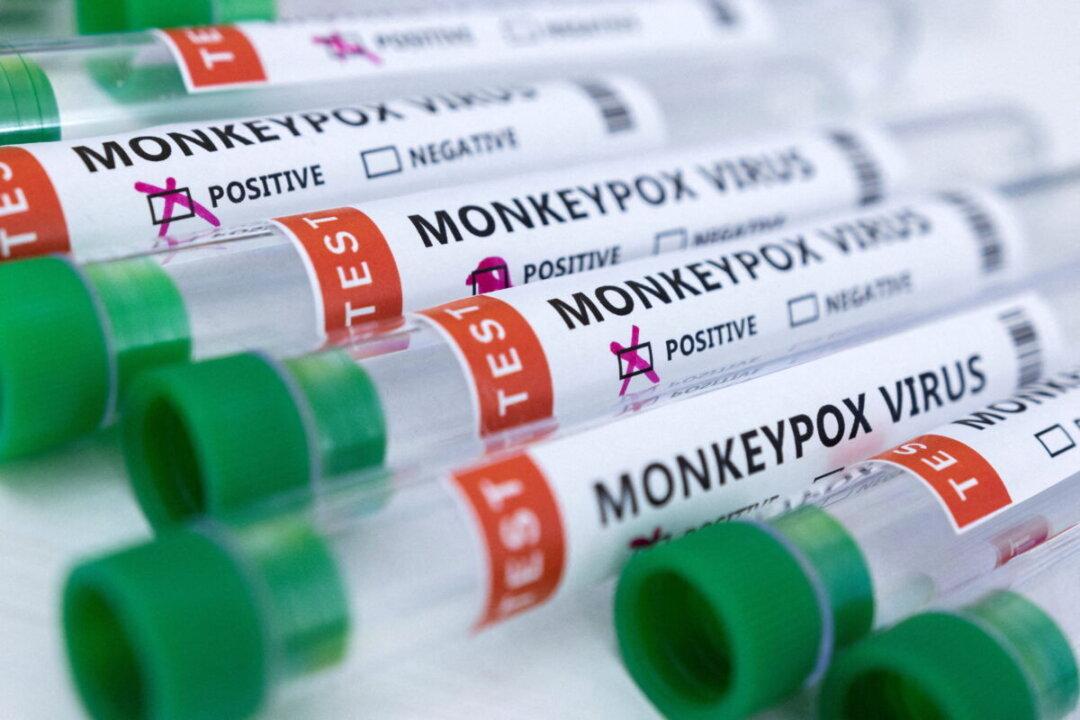A senior official from the World Health Organization (WHO) has forewarned that monkeypox virus infections are likely to spread beyond the LBGT community in a matter of time.
The warning by Dr. Catherine Smallwood, a senior emergency officer at the WHO, comes after the United Nations health agency declared monkeypox a public health emergency of international concern—as it did with COVID-19.






